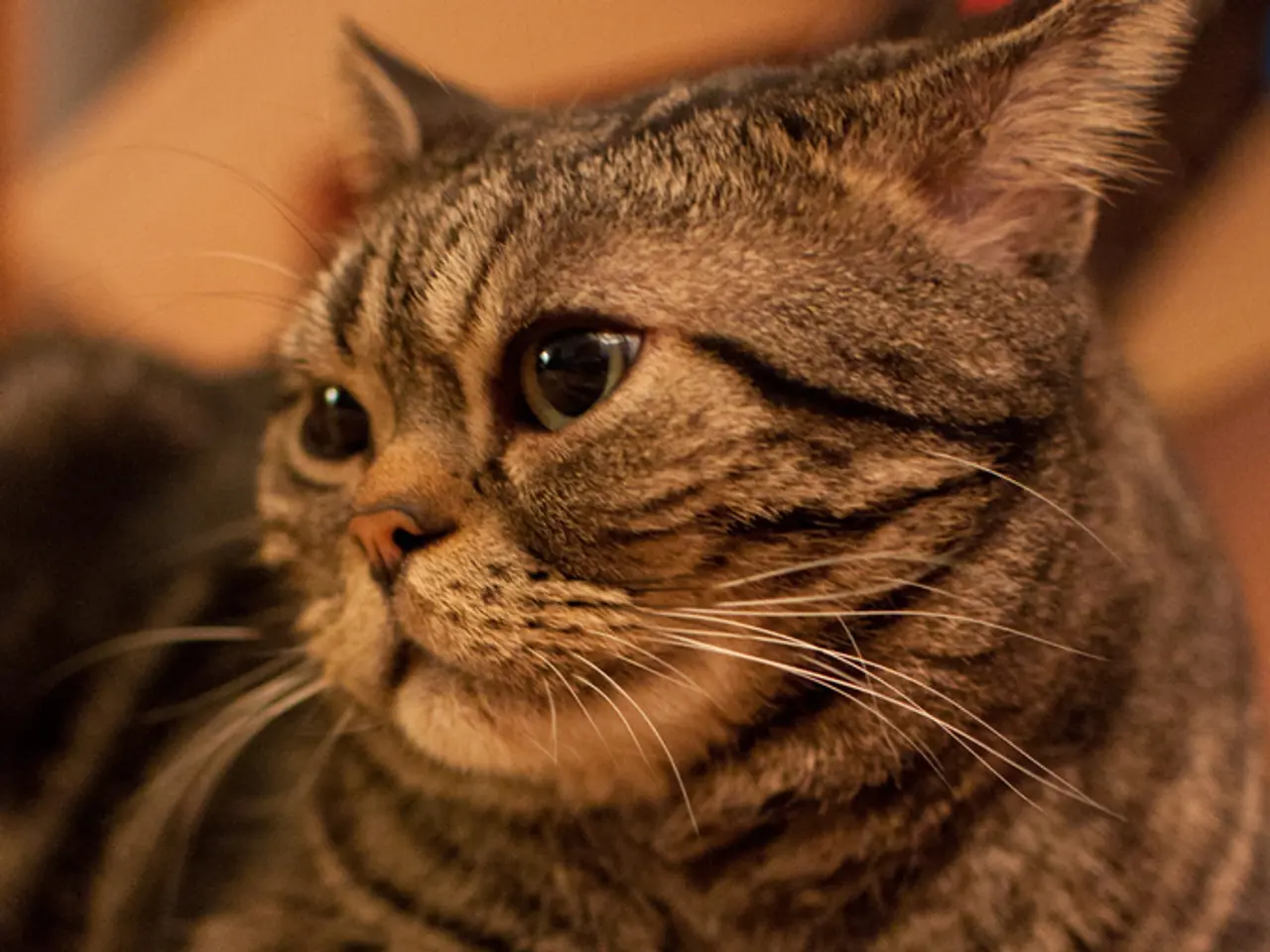Article Details:
In the feline world, anxiety is a common issue that can manifest in various ways. Cats, being sensitive creatures, react strongly to stressors in their environment. This article aims to shed light on the causes, symptoms, and treatments of anxiety in cats.
Anxiety in cats can be either situational or generalized. Situational anxiety occurs in specific contexts, such as being left home alone, traveling in the car, or going to the veterinary clinic. On the other hand, generalized anxiety occurs regardless of where the cat is or who it is with.
Common triggers for anxiety in cats include separation from their favourite human, the addition of a new person or pet to the home, moving to a new home or rearranging furniture, changes in household routines, and health problems. Older cats seem to be slightly more prone to anxiety due to the effects of aging on the brain.
Symptoms of cat anxiety are often visible in abnormal behaviours such as peeing or pooping outside of the litter box, clinginess, vomiting, fearfulness, hiding, aggression, cat spraying, becoming less active, trying to escape, diarrhea, pacing, sores or hair loss resulting from over-grooming, change in appetite, and changes in sleeping patterns.
Untreated anxiety can lead to health problems like skin and gastrointestinal issues. If you can pinpoint what is causing your cat's anxiety, the most straightforward remedy is to remove the trigger, if possible. However, in many cases, treatment may be necessary.
Treatment for cat anxiety includes behaviour training, medication or supplements, and environmental enrichment, or a combination of these approaches. Veterinarians may suggest prescription medications or over-the-counter supplements to help cats relax enough to respond to a behaviour plan.
Over-the-counter dietary supplements like L-theanine, L-tryptophan, and Alpha-casozepine have been shown to help cats deal with separation anxiety and environmental stressors, as well as reduce repetitive behaviour, vocalization, clinginess, and aggression.
Positive reinforcement techniques like play, treats, or praise can be recommended by trainers or behaviourists to reduce unwanted anxious behaviours. Synthetic feline facial pheromones are a natural option designed to help cats with stress and anxiety by mimicking calming scents.
In cases of separation anxiety, these behaviours occur when the cat is home alone. The treatment process often involves exposing the cat to a weak version of the trigger and then rewarding them for remaining calm.
It's important to note that there is no test to diagnose anxiety in cats. Your veterinarian will perform a full physical exam on your cat and ask you questions about her behaviour and any recent changes in diet or environment to diagnose anxiety.
The cost of treatment for anxiety in cats depends on what is causing the anxiety, the treatment plan prescribed, and what tests are needed to rule out other illnesses. In conclusion, understanding and managing anxiety in cats requires patience, care, and a collaborative approach between pet owners and veterinarians.
Read also:
- Nightly sweat episodes linked to GERD: Crucial insights explained
- Antitussives: List of Examples, Functions, Adverse Reactions, and Additional Details
- Asthma Diagnosis: Exploring FeNO Tests and Related Treatments
- Unfortunate Financial Disarray for a Family from California After an Expensive Emergency Room Visit with Their Burned Infant








